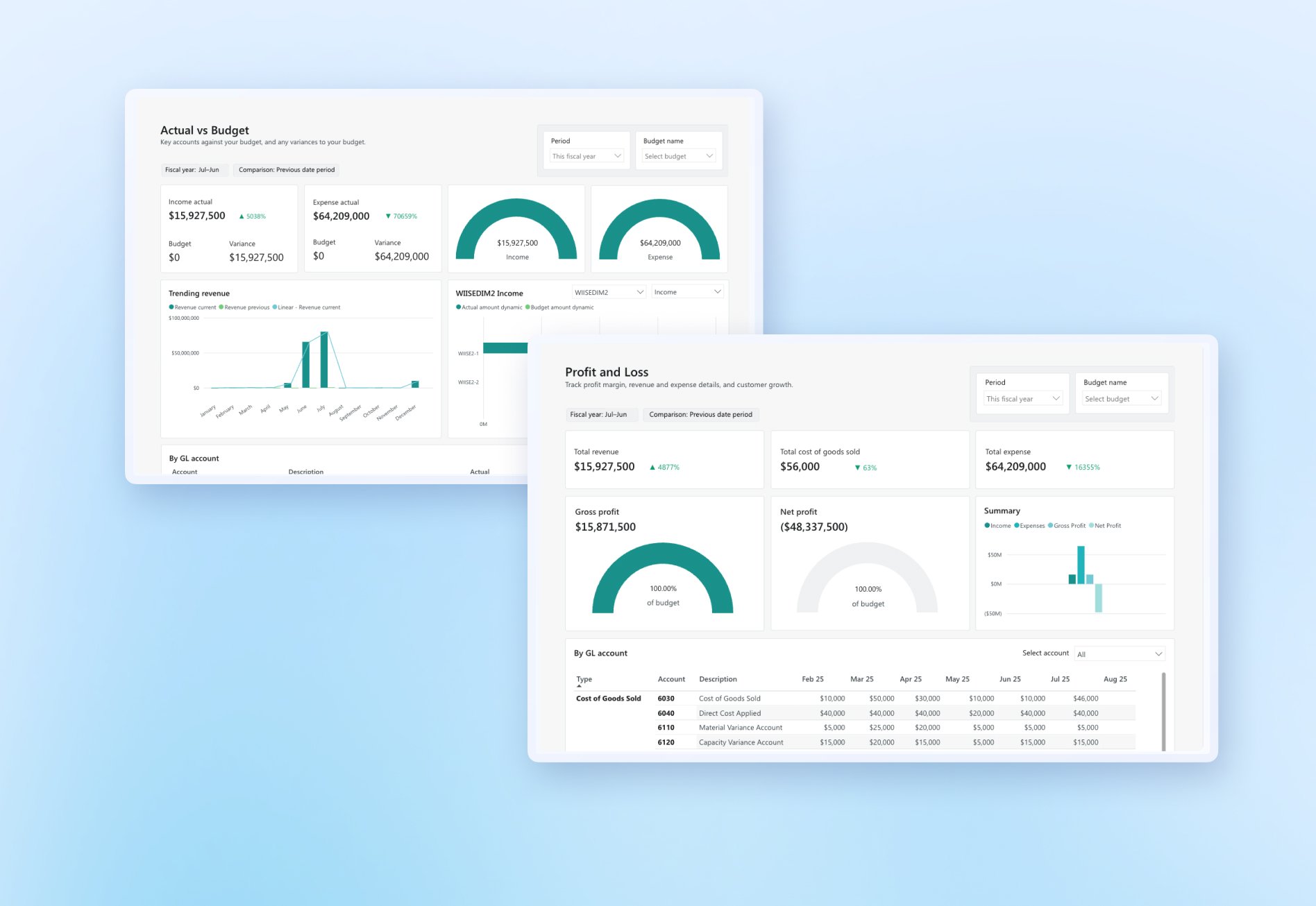A word from the Wiise: A chat about supply chain management with Amy Turner, ICT and Procurement Manager at Pro Seafoods
As part of our Wiise Spotlight Series, we're catching up with customers to hear how they've been able to leverage clever tech to navigate the current climate. Check out a snippet of our great Q&A chat with Amy below.
What does Pro Seafoods do?
We're a seafood distributor, but at a more detailed level, we're resource managers. We buy seafood direct from the boats, from the fishermen, from the farms—right from the source— and bring it into the market. We don't supply people that most companies have heard of. We are the company that sits behind all the big wholesalers. We supply Australia wide, except for Tasmania at the moment. And we have a large focus on local, Australian seafood. But we also import for a couple of product lines.
Tell me a bit more about your supply chain
We've focused heavily on the east coast of Australia in the last couple of years, and SA. But since COVID we changed how we operated slightly and moved into supplying Foodland and IGA, expanding into the Northern Territory. And we also moved into seafood auction houses in Sydney and Melbourne, which gained us entry into Tasmania.
How would you describe the supply chain you work with?
It's not overly complex. We're quite selective in our supply chain. We try to be ethically and environmentally friendly and sustainable. But we're also known for quality, so we're very stringent about who we bring into our supply chain.
So, if we're talking domestically, we buy from the boats, whether that's a single boat of prawns or octopus or a group of boats owned by a corporation. We purchase from them directly and unload using third-party transport and unloading companies. We bring it into whichever state it's going to be stored in, and we have third party, cold-store and warehousing companies that we use in each state. And then either that same cold store will transport to our customers. Or we have another transport company, depending on the state or where the product's going. We don't generally handle much of the product ourselves; it's very much boat to truck to cold store to customer.
Quality, ethics and the environment are important to you. You need to be quite sure of where things are coming from. Why did you turn to technology to help manage this process?
We were growing faster than we could handle. When I started with the business two years ago, I was brought on primarily to streamline the whole company. There were three admin staff and one salesperson, and we had two main product lines. It involved dozens of Excel spreadsheets and emails a day, and things would get lost. We'd have issues and it was all very manual.
We wanted to grow and bring in more product lines. We wanted to start importing products. And now we want to export products. But we couldn't do that when we were tracking inventory and sales on an Excel spreadsheet. It was just too open to error.
By the time we implemented Wiise, we had a team of five. And probably 80% of our time was administration. After we moved to Wiise and got rid of all our spreadsheets, and we were able to reverse that. Right now, it's 20% administration, and our salesman can focus on sales. He can be on the road all day every day and still send out invoices.
I used to sit there and manage the inventory and make sure the stock was where it was supposed to be. But now I can do things like getting AQIIS approval so we can go to export. We've been able to focus on areas we were hired for, rather than just administration.
Most people go into a job excited about what they're going to be able to achieve. When they get bogged down in the admin, those dreams can disappear very quickly. It sounds like people have been freed up to do the high-value stuff, the work they imagined they'd be doing when they joined the business.
That perfectly describes it. A great example is Mario, our salesperson. When he started two years ago, we had about 30 key customers. We've expanded our customer base to over 150 in the last two years. So not only has the quantity of product we're selling and the product range expanded, our customer base has expanded too. So, from his point of view, not only does he see increases in monthly sales and hit his targets and all those things that salespeople love, he's been able to make a big impact on the things that the rest of us care about, like our bottom line. So, he's able to do what he's good at without getting stuck doing the admin.
And if you still had the spreadsheet system with 150 customers?
Oh, it'd be a mess! It would be a disaster.
Has technology made other differences to the business?
It has given us better visibility over what we're doing. Before, we used MYOB to manage financials, and we couldn't really see how much we were spending on transport, cold storage or packaging. Wiise has given us the ability to look at costs in detail. Let's say prawns are $15 a kilo, and we sell for $20 a kilo (I am making those numbers up). But say we spend $1.50 on cartons and $1 on transport and 20 cents on internal costs. So our profit margin is $1. It has really given us greater insight into that. We've got more detail and we understand where we sit in the market a little bit better.
And because we now have a true understanding of costs, we can set our prices more appropriately. If we need to get rid of a line that isn't moving and it costs us a fortune in storage, we know where our lines are. We know the point at which we're going to lose money. So, it's given us a better understanding of our business.
One thing Wiise really helped with, especially in the COVID world, is we can be totally independent of each other without affecting the other person and without overriding the other person's data. Even before COVID we were all in and out of the office. Our director was overseas for six months of the year. And our finance manager worked from home. We used SharePoint to manage all our files, and sometimes they wouldn't sync, and we'd lose data. Now, we can just jump in and do what we need. Our director can see the high-level data, the profit and loss and the balance sheet and all of that, without getting bogged down in detail.
So it's a different business now, from the one you described from two years ago?
Definitely! We used to have two product lines and sell probably 500 ton of sardines a year and maybe 50 ton of prawns a year. We've just finished prawn season, and we've sold almost 130 ton of product! That's nearly triple what we were doing two years ago. And there's only four of us now.
So you're managing the business with fewer people?
Yes, we've been doing it with fewer people since Wiise went live, for a solid year now, and it works really well.
What you've just described is astounding. It almost shouldn't be possible. It's like you've got superpowers!
I agree. To grow the amount we have, with fewer staff, is amazing. My goal when I started was to get the business to a point where my job wasn't needed anymore. Now I have a different job than when I started, but the goal was that the business shouldn't need me to manage spreadsheets. Within the last year, we have got to that point. It's so much more streamlined, and we're so much more efficient. And that has allowed us to expand.
And how do your customers feel?
I think there's less error. There are no wrong products sent out because someone has typed the wrong thing, etc. Our customers were never unhappy, but we can now offer them a new level of service. There's less time delay in organising transport, so they get things a day earlier than they used to. So not only do our big customers remain with us, even in trying times, but we've gained entry into Foodland and IGA, which for us is huge. Anyone who's ever tried to get into supermarkets knows the demands they place on suppliers are incredibly high. We can now manage that without major concerns. It's great.
Interested in finding out more about Pro Seafoods and their experience with Wiise? You can read about their story here or hear other customer stories here.
And as always, if you have any questions or would like to get in touch, please don't hesitate to reach out to hello@wiise.com



